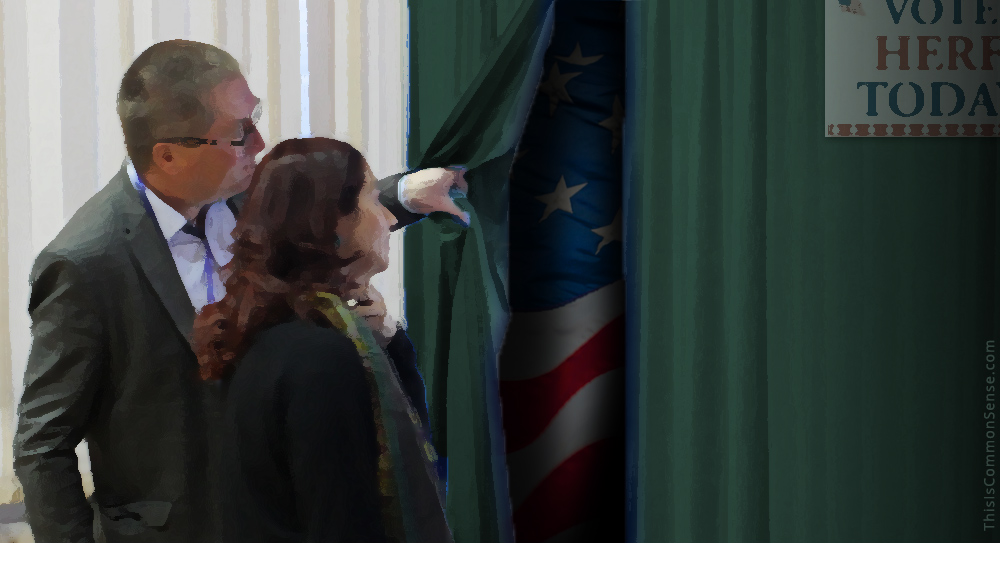Who spreads “fake news”?
Gossips, politicians, publicity agents, Twitter eggs, partisan bloggers, lying news journalists?
Or . . . the medium of communication they use?
Do envelopes, stationery, telephones, email, and messaging apps have moral agency?
And who commits the crimes that news (true or false) is used to rationalize?
A New York Times story discusses “How WhatsApp Leads Mobs to Murder in India,” which is like saying that civilization, flying lessons and boarding passes “led” terrorists to 9/11.
The Times reports that fake news about children being kidnapped — dramatized by doctored video clips and forwarded via WhatsApp, a messaging app — provoked anger and fear in many Indians. Some were then willing to attack anyone who “seemed” about to kidnap children.
In recent months, dozens of people have been murdered for being in the wrong place at the wrong time.
Without social media and the mega-popular WhatsApp, the murders probably would not have happened, at least not the way they happened. That seems certain. But this doesn’t mean that without WhatsApp, nobody in India would spread false stories or assault innocent people.
Mob violence in the country antedates the Internet.
Perhaps a thousand material circumstances directly or indirectly enable any particular act of wrongdoing. But no such prerequisites “lead to” anything without individual choices.
If someone pretends it’s okay to kill innocent persons — or persons whose guilt or innocence he doesn’t care to know — he, the killer, is the guilty party. The telecommunications network or messenger app used to provide grist for excuse-making is innocent.
Apps don’t murder people. People murder people.
This is Common Sense. I’m Paul Jacob.











